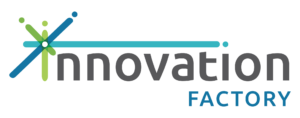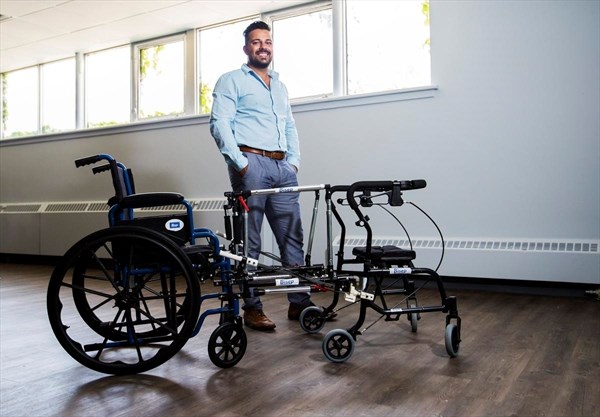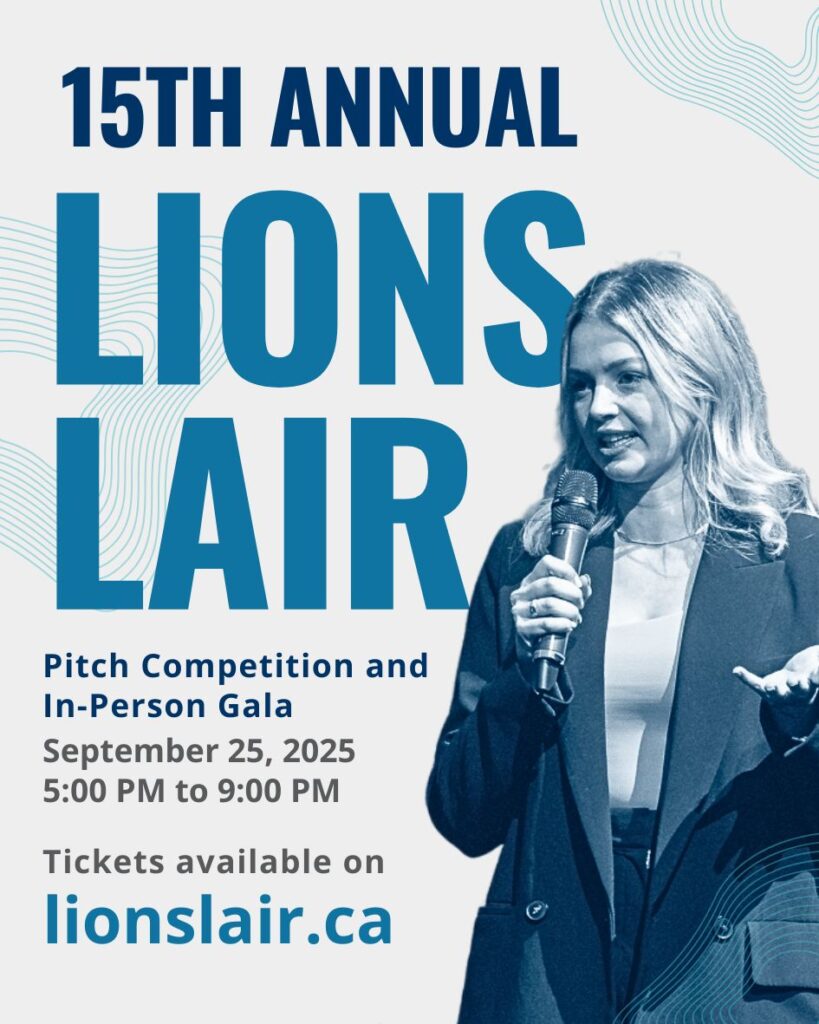Synapse Competition prepared Bisep Inc. for challenges of turning an innovative product into a viable business
 Niagara-based start-up Bisep Inc. aims to have its game-changing mobility device on the market as early as September after winning the top prize at the Innovation Factory’s (iF) seventh annual Synapse Life Science pitch competition.
Niagara-based start-up Bisep Inc. aims to have its game-changing mobility device on the market as early as September after winning the top prize at the Innovation Factory’s (iF) seventh annual Synapse Life Science pitch competition.
Bisep’s innovative device, called the ARMM (Ambulation Retraining Mobility Mechanism), connects any type of walker to a wheelchair, making it easier for people with mobility issues to safely switch from sitting to standing and walking with minimal supervision. Their winning pitch earned the company $35,000 plus another $7,000 worth of in-kind services — a major boost for a start-up, but it was the mentorship support with developing a commercialization plan that was the major motivation for participating in the event, said Bisep CEO and founder Daniel Bordenave.
“Our only goal going into this was to develop our commercialization plan and to make the most of the experience,” said Bordenave. “We really took full advantage of everything Innovation Factory had to offer. We talked to every available mentor and made the most of every meeting.”
The Synapse Competition was established in 2014 to help scientists, entrepreneurs and researchers bring their ideas to market. Participants are teamed up with college and university students and take part in a three-month program to develop a commercialization plan and investor pitch to support growing a viable business. The COVID-19 crisis forced organizers to rethink the culminating pitch event originally planned for March 25 at McMaster Innovation Park. Instead, IF used a series of video broadcasts to enable the entrepreneurs to remotely pitch their health sciences innovations to the panel of judges.
Bordenave, a registered kinesiologist, was inspired to develop the ARMM concept while working at a long-term care facility. He said limited resources of staff and equipment made it difficult to provide daily mobility and ambulation training for helping elderly patients recover the ability to walk independently. Health and safety guidelines in most cases require two to three health-care workers to properly lift a patient out of their chair and supervise sit/stand exercises with a wheelchair and walker. But in many facilities, the additional staff required are simply not available or have other more urgent priorities.
Plus, some patients are reluctant to commit to mobility training because they don’t like to be fussed over. They’re too weak to manage on their own but don’t want others to help, and as a result they don’t get the rehabilitation they need.
“I wanted to build something that would enable my patients to transition safely from wheelchair to walker with minimal assistance,” said Bordenave, who built the first prototype in a garage with his late grandfather. “Our device allows them to go for a walk with a friend or with one health care worker instead of three. They get the training they need and keep their dignity intact, and it helps improve their overall fitness and quality of life.”
To refine the prototype, the Bisep team worked with engineering students and faculty at Niagara College’s Walker Advanced Manufacturing Innovation Centre. The ARMM’s lightweight aluminum frame easily attaches a wheelchair to a walker and provides the support needed to allow patients to confidently practice their daily exercises without the fear of falling. The goal is to increase the frequency, safety and efficiency of mobility sessions while decreasing the costs associated with ambulation training.
Now fine-tuning their fourth prototype, Bisep has a U.S. patent for the ARMM and is in the final stages of commercialization. The company hopes to have the device ready for the market in September, although the economic impacts of COVID-19 might delay the launch until early 2021. The go-to-market plan includes working with established distributors of medical equipment as well as an online store, and Bisep aims to develop a full catalogue of new products within the next two years.
Bordenave and his business partner David D’Angelo said the mentorship and support received from Innovation Factory has been invaluable in getting the company to this stage. The Bisep team was matched with seasoned business leaders who have direct experience in the health care, pharmaceutical and medical device sectors, said D’Angelo.
“They really made us look at all aspects of our business, and it was great to be able to tap into their knowledge and experience and get their feedback to help us take the business to the next level,” said D’Angelo, the company’s head of business development.
Bordenave also praised the iF team for their resiliency in going the extra mile to ensure participants of the Synapse Competition gained the full benefit of the program despite the challenges of COVID-19.
“They kept us going and set a new standard in moving forward no matter what obstacles we might encounter,” he said.







